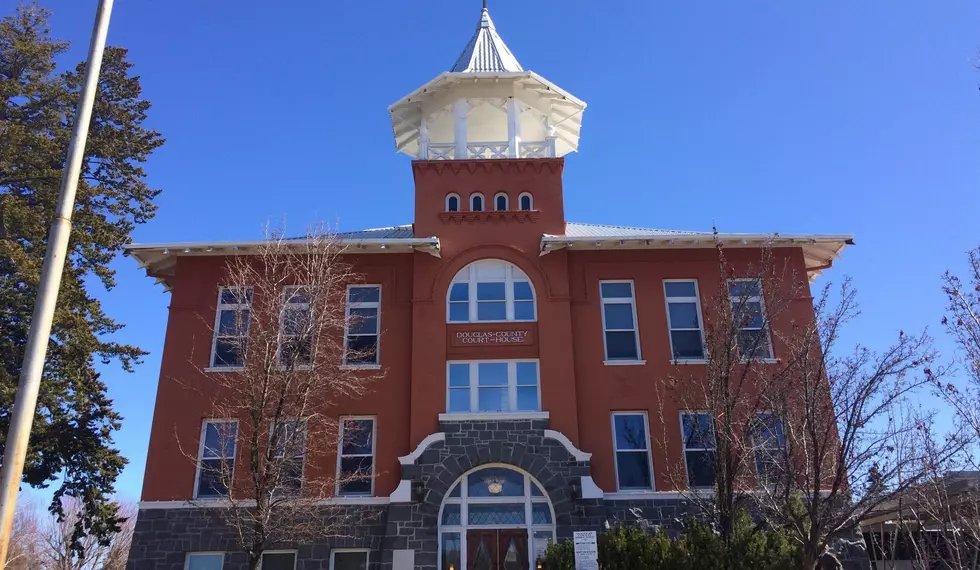New Education Funding Plan Emerges
OLYMPIA —A group of moderate Democratic state senators has put forward a new plan to solve Washington’s K-12 school-funding problems. The proposal is intended to be a middle-ground solution between the current Democratic and Republican proposals to satisfy the state Supreme Court’s education-funding order known as the McCleary decision.
The plan, sponsored by Sen. Mark Mullet, D-Issaquah, attempts to tackle McCleary differently and less expensively than other existing proposals.
Instead of other plans that would reduce local-property tax levies and then find other state revenue to fund education, Mullet’s plan would make the current local tax levies permanent. Levy dollars from each district would be sent to the state, which would return that amount to each district.
Then, the state would add about $750 million every two years in levy-equalization assistance, a program used to help out “property-poor” school districts. With lower property values, those districts have less of a tax base to raise money for schools. Mullet’s plan would also allow local school districts to keep raising some money through local property-tax levies for extra programs or needs that aren’t considered basic education.
Comparing his plan to the GOP and Democratic proposals already out there, Mullet called it “smack in the middle.”
In the 2012 McCleary decision, the justices ruled that Washington was violating its own constitution by underfunding schools. The final big remaining piece of satisfying McCleary is figuring out how the state will fund the salaries of teachers and school workers. Now, Washington’s school districts fund much of those costs through local property-tax levies. But the justices ruled that the state is responsible for those salaries as part of providing a basic education for students.
Mullet’s approach tries to satisfy concerns on each side of the McCleary debate.
Republicans want to see a more fair funding system for “property-poor” school districts. Democrats, meanwhile, don’t like the idea that a district such as Seattle should send more of its tax dollars to rural parts of the state without getting anything in return for its students.
Under Mullet’s plan, “You’re giving lower property-value districts extra state support, because you acknowledge they probably can’t go out and raise more money locally,” he said. While higher property-value districts like Seattle don’t get more money under his plan, they can seek extra money through local levies, he said. “Every dollar they raise, they get to keep,” said Mullet. “They’re not raising money to send it over the mountains, they’re raising money for their own local schools, their own local communities.” Democratic Sens. Steve Hobbs of Lake Stevens and Dean Takko of Longview have signed on as co-sponsors, according to Mullet.
Like the proposed GOP plan, Mullet’s bill would set a minimum per-student allocation, in this case $11,500 per child. His plan also boosts starting teacher pay to at least $45,000, according to a copy of his proposed bill. Because making the current levies permanent would subject them to a 1 percent property-tax cap under existing law, Mullet’s plan includes a constitutional amendment that would exempt schools from that restriction.
To fund his plan, Mullet said the state could bring in more revenue by starting to charge sales tax on purchases made online. Including more money for the higher teacher salaries, Mullet said his plan would cost about $800 million per two-year budget cycle.
Mullet’s plan stands in contrast to more expensive proposals made so far by Republicans and other Democrats.
To better fund education, Gov. Jay Inslee and Democratic lawmakers have proposed new taxes on, among other things, carbon emissions and capital gains. In his proposed 2017-2019 state operating budget, Inslee adds $4.4 billion for school funding. Democratic lawmakers, meanwhile, put forth a plan that would increase education funding by $7.3 billion through 2021.
Mullet’s plan also differs from a Republican proposal that seeks to raise property taxes in “property-rich” districts like Seattle and Bellevue to give money to property-poor districts. The GOP proposal would raise revenue through a so-called “levy swap” from districts like Seattle and Bellevue to give to other school districts. And the Republican plan seeks to direct $1.4 billion in existing revenue to education.
Justices since 2014 have held the state in contempt of court for not making enough progress toward a fully funding plan. In 2015, the court added a daily fine of $100,000.
More From NewsRadio 560 KPQ









